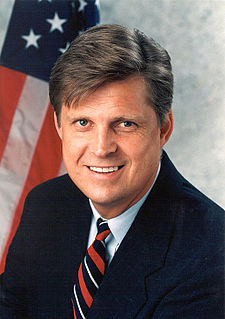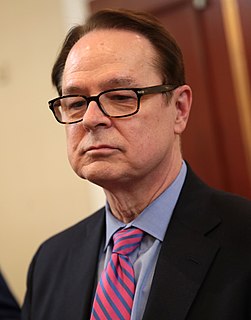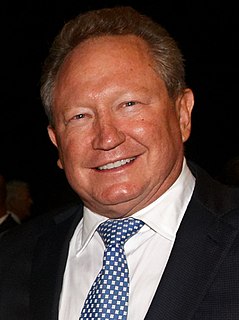A Quote by Tony Abbott
Now if you are condemned to life on welfare, I'm not so sure that being in a bigger welfare village is that much better than being in a smaller welfare village.
Related Quotes
General welfare is a general condition - maybe sound currency is general welfare, maybe markets, maybe judicial system, maybe a national defense, but this is specific welfare. This justifies the whole welfare state - the military industrial complex, the welfare to foreigners, the welfare state that imprisons our people and impoverishes our people and gives us our recession.
The best place to have some food set aside is within our homes, together with a little money in savings. The best welfare program is our own welfare program. Five or six cans of wheat in the home are better than a bushel in the welfare granary. ... We can begin with a one week's food supply and gradually build it to a month, and then to three months. I am speaking now of food to cover basic needs.
Somehow, the fact that more poor people are on welfare, receiving more generous payments, does not seem to have made this country a nice place to live - not even for the poor on welfare, whose condition seems not noticeably better than when they were poor and off welfare. Something appears to have gone wrong; a liberal and compassionate social policy has bred all sorts of unanticipated and perverse consequences.
The 1996 welfare reform law, for the first time, connected welfare benefits with an expectation that recipients would work or participate in training. That work requirement led to record increases in employment and earnings and a record decrease in poverty and welfare dependence after it was enacted.
To think the welfare and the goodness of the next generations is indeed a good ethics, but there is much greater ethics than this: To think the welfare and the goodness of the current generations, the very people of now! The reason is simple: Future may not exist, it is only a possibility, but the people of now are not possibility, they are here!
There are so many causes. Gun control, climate change, deforestation, animal welfare, human welfare, education. Working on the big issues is noble and great, but being aware of what’s going on around you right at this moment, being kind to the people around you, extending compassion and decency, not just to everyone you meet but also to yourself—I think that’s one of the biggest challenges most people face.
This is the welfare generation, and that is incredibly sad. That will be judged in history as being far worse, I believe, than the stolen generation, because we are literally losing thousands and thousands of our indigenous brothers and sisters to the effects of welfare – drugs, gunja, low morale, alcoholism. I see it everyday and it can stop. The solution is education, training and a guaranteed opportunity.

































